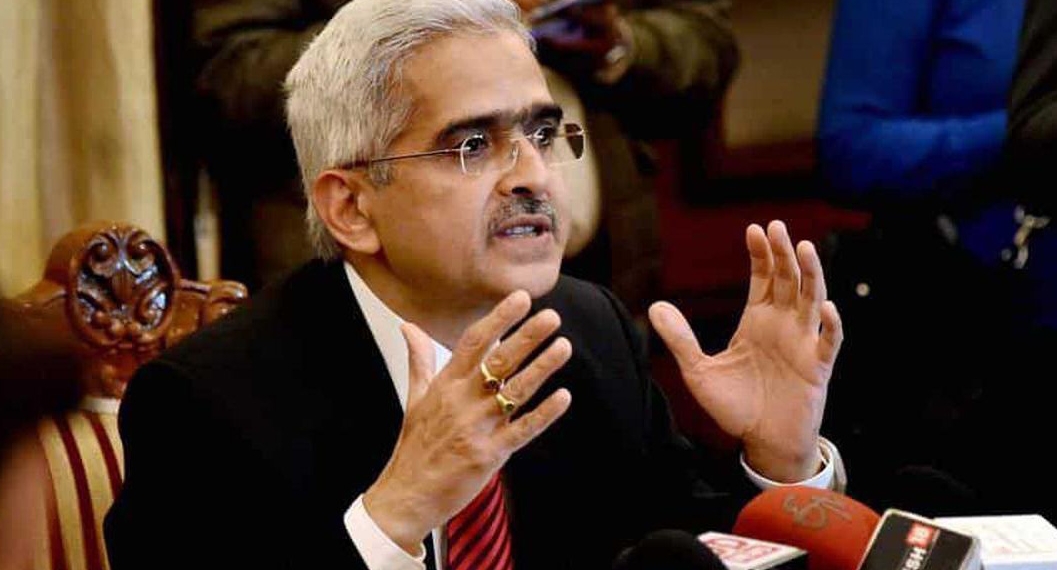Addressing the conference on – “50 years of Bank Nationalization: Indian Banking at Crossroads ”, in Ahmedabad RBI Governor Shaktikant Das said Urban Co-operative Banks contribute significantly in credit delivery and in bringing other financial services to the people. The performance of some of these institutions, however, has been affected by operational and governance issues, he said.
The recent unearthing of fraud in one of the urban co-operative banks (UCBs) has brought up issues relating to their governance, prudent internal control mechanisms, and adequacy of checks and balances to the forefront, the RBI governor said.
Touching upon the history of Urban Co-operative Banks, Das said they were brought under the ambit of the Banking Regulation (BR) Act, 1949 with effect from March 1, 1966. Certain provisions of the BR Act, however, were not made applicable to them, limiting the scope of regulation and supervision over them.
Broadly speaking, banking-related functions of cooperative banks are regulated by the Reserve Bank and management-related functions are controlled by the concerned State / Central Government. The Reserve Bank’s regulatory control over UCBs is affected due to this duality of control, he stated.
”RBI has made concerted efforts in the past to mitigate the adverse impact of dual regulation in the form of MoUs with State/ Central Governments and setting up of a State-level Task Force for Co-operative Urban Banks (TAFCUB). However, challenges still persist”, he stated.
At present, the Reserve Bank is working with the Government to amend the Act governing co-operative banks. We have suggested several legislative changes to the Central Government for better regulation and supervision of UCBs. On our part, we are reviewing the existing architecture of regulation and supervision of UCBs and shall carry out necessary changes in sync with the evolving requirements, he underlined.
UCBs are likely to increasingly face competition from players such as Small Finance banks (SFBs), Payments Banks, NBFCs and Micro-Finance Institutions (MFIs). It is, therefore, necessary for them to adopt robust technology to enable them to provide banking services at lower costs and with adequate safeguards, Das said.
The Reserve Bank has been taking proactive steps to assist these institutions to adopt a robust IT infrastructure. The proposed national level Umbrella Organisation (UO) is expected to provide
liquidity and capital support to member co-operative banks, and will therefore contribute to the strength and vibrancy of the sector, Das elaborated.
The emergence of new banking models, in the form of Payments Banks and Small Finance Banks, has widened the horizons of banking in India. The Government and the Reserve Bank have taken several initiatives to encourage greater use of electronic payments to achieve a ‘less cash’ society, he hoped.





















































